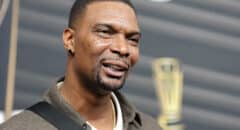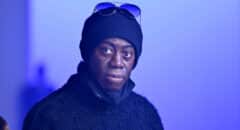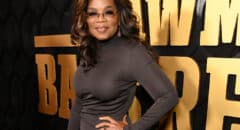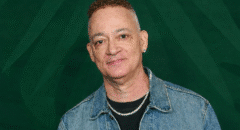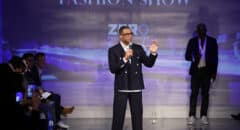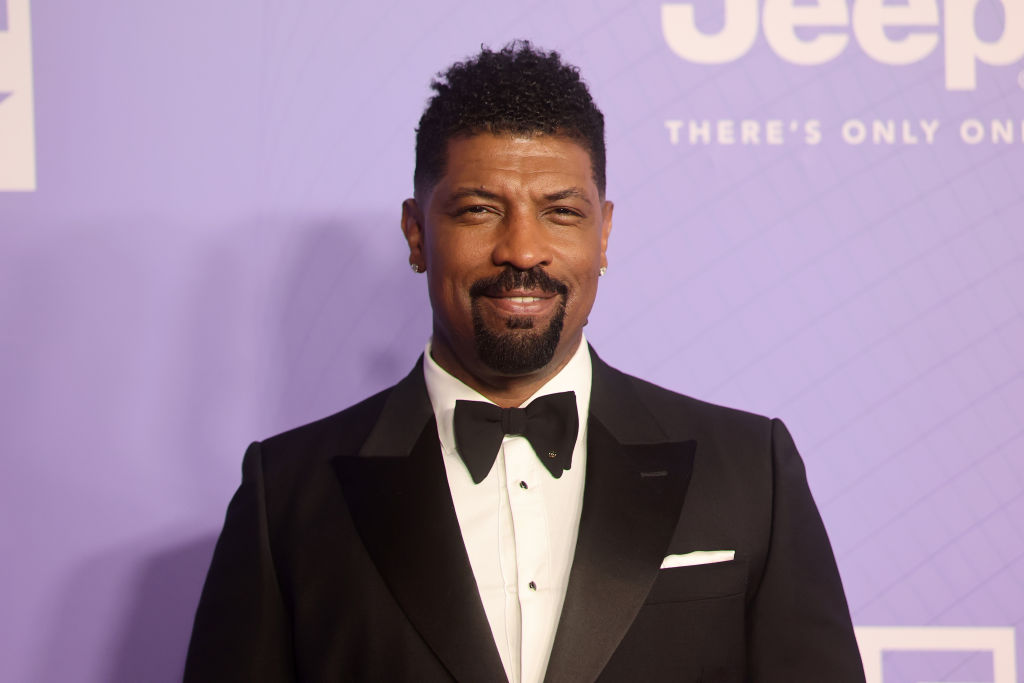
Comedian Deon Cole has dropped out as the headliner for the Laugh Africa Comedy Festival that took place this past weekend in Johannesburg, South Africa.
According to a statement released by organisers on Wednesday morning, the Black-ish and Average Joe actor has “withdrawn due to an unforeseen medical emergency”.
The Average Joe and black-ish star wrote his own statement to fans on his Instagram, stating:
“Finally, on the road to recovery,” he started. “God is a great God, I praise him and thank him for his love, grace and mercy. I want to thank all the doctors, nurses (sisters) and staff here in South Africa at Christiaan Barnard hospital and my doctor in the states, THANK YOU. I also want to thank my network BET, cast and crew on Average Joe for delaying production and patiently waiting and supporting me. Means the world to me. Sorry to the African Laugh Festival I was scheduled to headline, thanks for your understanding and support (I’ll make it next year). Actually I appreciate everyone’s patience with me, if I cannot respond to messages right now, I Just want to rest and get better to finish up the show but thank u tremendously.”
In the post, Cole posted pictures of himself in a hospital bed with all kinds of lead stickers on his chest and around his stomach. There was also a picture of him attached to some kind of drainage tube.
While he didn’t list the actual cause of his hospitalization, the 53-year-old Cole does face a number of various health risks just being a Black man over 50.
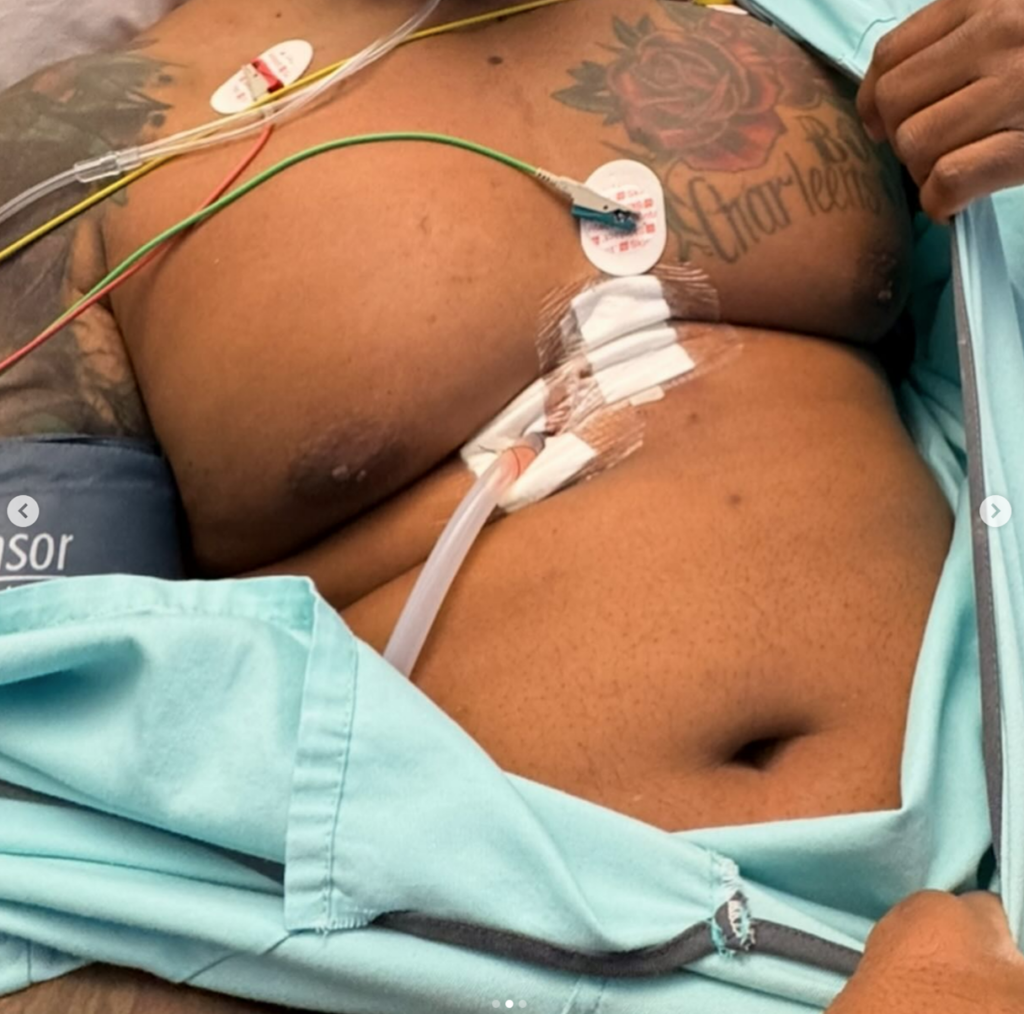
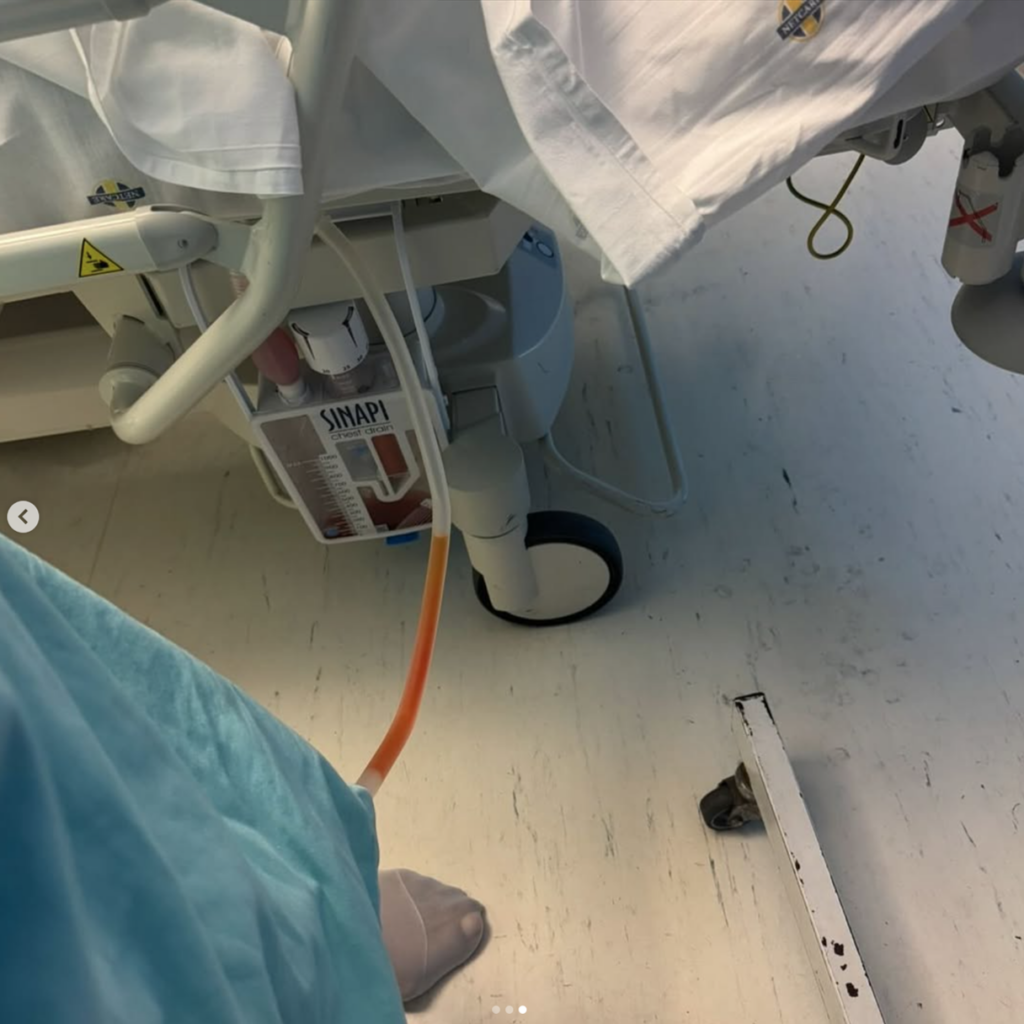
(Photo credit: Deon Cole Instagram)
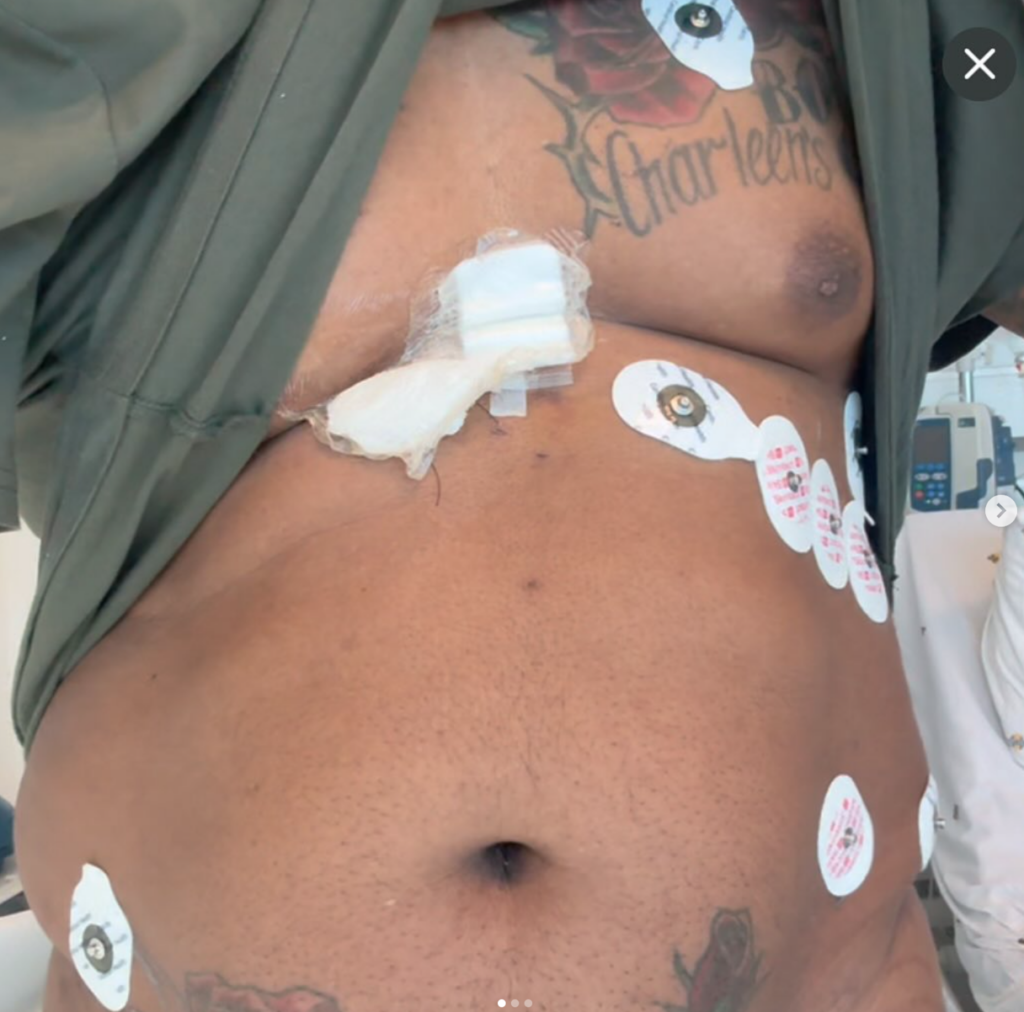
A Black man over 50 faces heightened health risks, including heart disease, high blood pressure, diabetes, and prostate cancer. They also have a higher incidence of conditions like kidney disease and may experience disparities in accessing quality healthcare.
Specific Health Concerns:
Cardiovascular Disease:
Black men are more likely to have high blood pressure, heart disease, and stroke. A study by the American Heart Association indicated that 3 in 4 Black adults have high blood pressure by their mid-50s.
When it comes to cardiovascular disease, its important to know your numbers. If you’re aware that you have high blood pressure (that’s anything over 130/80 mm Hg) or worried you may be at risk, Shah suggests keeping a blood pressure cuff at home (you can find one for about $20) and staying on top of your numbers. You can also get free blood pressure readings at some pharmacies and retail stores.
High blood pressure, also referred to as hypertension, affects about 56 percent of Black adults in the U.S. and can be symptomless, so monitoring levels is key. Uncontrolled high blood pressure can lead to heart attack, heart failure, stroke and kidney disease.
Diabetes:
Black men have a higher prevalence of diabetes, which can lead to complications like prostate cancer. In a recent study done by the National Institutes of Health, the study highlights the need for health care providers, specifically Nurse Practitioners (NPs) to be aware of psychosocial, physiological and environmental barriers of diabetes self-management in Black men with diabetes. Additionally, some Black men with diabetes may benefit from extra emotional support from their health care team in the absence of informal support from family members. With increased knowledge of these men’s daily struggles with diabetes management, NPs should enhance their treatment plans to include conversations about barriers to and strategies for diabetes self-management and available community programs uniquely designed for AA men. Future interventions aimed at tailored diabetes treatment plans, with an emphasis on healthy eating behaviors and social support, may be effective in reducing racial inequities related to diabetes and its complications among AA men.
Kidney Disease:
Black people are more than three times as likely as white people to have kidney failure, according to the National Kidney Foundation.
“The two most common factors [of kidney disease] are diabetes and with hypertension. Both of which also affect African Americans disproportionately,” says Dr. Jessica Kendrick, a kidney specialist who practices at the UCHealth Kidney Disease and Hypertension Clinic – Anschutz Medical Campus.
“We can prevent complications with kidney-protective medications that slow the progression of the disease and help to prevent people from going on dialysis,” Kendrick said. Angiotensin II receptor blockers (ARBS) lower blood pressure by relaxing vessels, while SGLT2 inhibitors help to decrease blood sugar levels in patients with Type 2 diabetes.
Prostate Cancer:
1 in 4 Black men will get prostate cancer. That’s double the risk of other men. As a Black man, you’re also more likely to get prostate cancer if: you’re 45 or over – and your risk gets higher as you get older.
The 5-year survival rate for advanced-stage prostate cancer is also similar in Black and white men, about 30 percent. However, Black men are more likely to die from cancer of any type because they’re more often diagnosed after the cancer has progressed to an advanced stage that’s difficult to treat.
Given the higher risk of developing prostate cancer and dying from the disease, Black men are more likely to have early cancer detection through screening. The main prostate cancer screening tests are a digital rectal exam, in which a doctor checks for an enlarged prostate, and a PSA test, which measures the level of prostate specific antigen (PSA) in the blood.
“Screening guidelines have been based on studies that included very few Black men, so they may underestimate the screening benefit for this group,” says medical oncologist Andrew Laccettii, MD. “Overall, Black men may need earlier and more frequent screening than the general guidelines would suggest.”
Celebrities Share Their Support for Deon
A number of celebrities shared their “get-well” wishes on Deon’s post.
Comedian Kevonstage said, “Hey better soon bro!!!”
Actress Elise Neal wrote, “Prayers friend, my goodness!!! Wishing u a healthy and speedy recovery 🙏🏼🙏🏼”
Grammy Award-winning poet and fellow Chicago native, J. Ivy wrote, “Man bro sending love and good energy. Heal up fast!!”
Fellow comedian J.B. Smoove said, “❤️🩹 🙏🏾 On the mend!!”
Rapper and actor Common shared, “Get better brother!!!”
Actor Sterling K. Brown wrote, “Wishing you all the best, bruh!”



